In honor of Women’s History Month and National Nutrition Month, SDSN USA hosted Zero Hunger Pathways Project Dialogue 5: Exploring Equitable Approaches to Ending Hunger in America on March 28th, 2022. Jointly organized by US SDSN’s Zero Hunger Pathways Project (ZHPP), Diversity, Equity, and Justice for Sustainable Development (DEJ) Working Group, and Howard University’s Center for Women, Gender and Global Leadership, it explored the impact of historic inequities and what policies and approaches are needed to address racial and gender inequities to put the country on the pathway to zero hunger.
Discussing Tools and Opportunities for Localizing the SDGs in the US
What’s Essential to Making our American Society Sustainable? A Target.
As systems leaders in networks everywhere who are working to “make things better”, it’s important that we direct our work toward achieving identifiable goals within a framework we can work with to navigate our complex society. The good news is that we now have a U.S. endorsed framework, adopted by most nations around the world, called “The Sustainable Development Goals” (SDGs).
From Mediocre to High Achievers: How can States’ Legislators Design Better SDG Policies?
Guest blog by Hans R Herren, President of the Millennium Institute, and Steve Arquitt, Senior Modeler at the Millennium Institute. On November 16th, the Sustainable Development Solutions Network released its United States Sustainable Development Report 2021, and the news is not good.
Holiday Hardships: Facing Hunger During A Season Surrounding Food
Every year, people across the US gather together to give thanks and share a meal for Thanksgiving. In order to raise visibility about the number of Americans who don’t have a roof over their heads or food on their plates during the holiday season, we recognize Hunger and Homelessness Awareness Week during the week prior to Thanksgiving, which falls on November 13-21 this year.
New Report Reveals US States are Stagnating Overall on Measures of Sustainable Development
Today, the Sustainable Development Solutions Network’s United States Network (SDSN USA) launched the 2021 United States Sustainable Development Report, SDSN’s second report ranking the US states on their progress towards the UN’s Sustainable Development Goals for 2030 (SDGs). The results are urgent. To achieve the SDGs, states need to improve scores by an average of approximately 54 points in the next nine years. For reference, over the past five years US states have improved their scores by an average of three points, or a little over half a point a year. No state is on track to achieve the SDGs by 2030 and every state has at least one Goal and at least 20 percent of its indicators that are moving away from, rather than towards, SDG achievement.
Our New Network Members: Fall 2021
This month, SDSN USA is excited to welcome 7 new members to the network: College of Forestry, Oregon State; Fairleigh Dickinson University; Johns Hopkins Center for a Livable Future; Metabolism of Cities Living Lab, Center for Human Dynamics in the Mobile Age at San Diego State University; Montgomery College; United Nations Association of the National Capital Area (UNA-NCA); and School of Earth, Society & Environment, University of Illinois at Urbana-Champaign. All are dedicated to advancing the Sustainable Development Goals (SDGs) through their work.
Zero Hunger Pathways Project Dialogue 4: Taking Innovations to Scale
SDSN USA Network Members Share Their Research at Hispanic Heritage Month Research Panel
This Hispanic Heritage Month, SDSN USA and We Are All Human Foundation co-hosted a research panel webinar with presentations from SDSN USA members on important Hispanic related research being done throughout the country. The event highlighted research on a range of topics across the SDGs, including localized delivery and tracking of the SDGs in cities, efforts to deliver the COVID-19 vaccine and other public health research to underserved communities, and internalized belonging for first-generation students.
SDSN USA Joins SDG Talks Podcast to Discuss Racial Inequality and the SDGs
Dr. Helen Bond, Co-chair of SDSN USA, and Alainna Lynch, Research Manager of SDSN USA, joined the host of SDG Talks Podcast to discuss recent racial inequality report, In the Red: the US Failure to Deliver on a Promise of Racial Inequality, as well as SDSN USA’s other work on diversity, equity, and justice.



